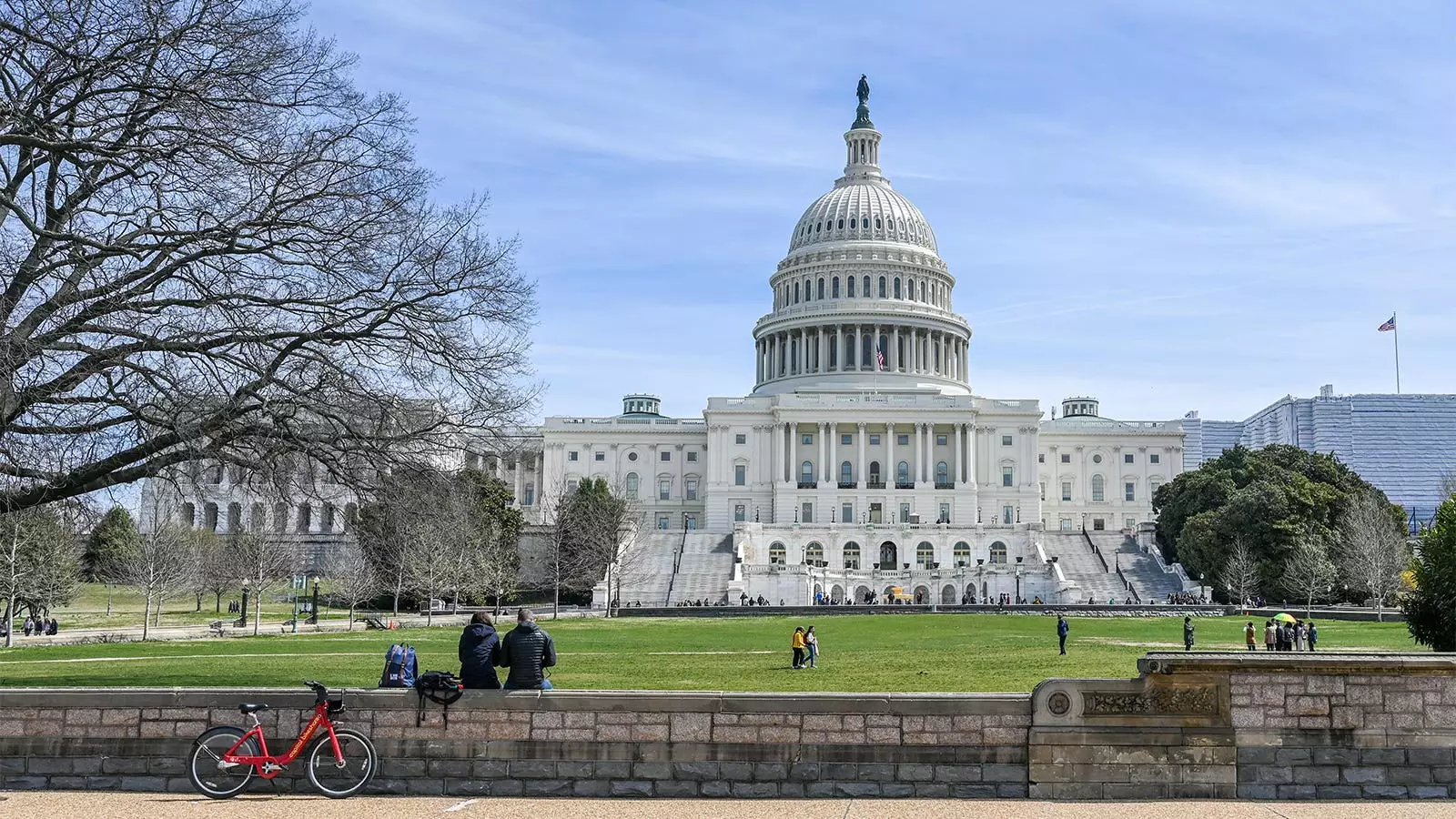The recent elections across the United States were significant not only for the presidency but also for the composition of the House of Representatives. The results revealed notable trends regarding healthcare professionals, who increasingly find themselves in political roles. This article aims to dissect the results of the House races specifically involving candidates from healthcare backgrounds, assessing their overall impact and potential implications for future healthcare policies.
Out of the 435 seats available in the House of Representatives, candidates with backgrounds in healthcare took center stage in numerous districts. Some of the most closely watched races included emergency physician Amish Shah in Arizona and oncologist Prasanth Reddy in Kansas. The preliminary results demonstrated a mixed bag for these healthcare-affiliated candidates. For instance, Reddy faced a significant defeat, losing to incumbent Sharice Davids by a margin of 10 percentage points. In contrast, Shah’s race remained too close to call, illuminating the competitive nature of these elections in a politically diverse landscape.
Several healthcare professionals secured victories, indicating a continued interest in health issues within the political sphere. Notably, Dr. Kelly Morrison won her race decisively in Minnesota, showcasing a favorable trend for candidates with healthcare expertise in suburban areas. Similarly, in Oregon, pulmonologist Dr. Maxine Dexter’s commanding victory yielded a 44-point margin against her opponent, emphasizing the electorate’s support for candidates with medical backgrounds.
The success of non-incumbent healthcare candidates is particularly interesting. In South Carolina, nurse practitioner Sheri Biggs emerged victorious, defeating her opponent by a significant margin. This victory showcases the growing influence of non-physician healthcare professionals such as nurse practitioners in the legislative process. Their perspective on healthcare policy is invaluable, especially in a political environment where healthcare issues dominate public discourse.
Despite the success stories, the results also revealed the challenges facing candidates from healthcare backgrounds. In Wisconsin, Dr. Kristin Lyerly lost her race to a business-oriented adversary. This defeat raises questions about the ability of healthcare professionals to translate their specialized knowledge into effective political campaigns. While a medical or healthcare background may provide an essential lens through which to assess health-related policies, it does not guarantee success in an environment saturated with varying priorities.
Furthermore, the election saw several incumbent physician representatives not seeking re-election, including Dr. Mike Burgess and Dr. Larry Bucshon. Their departures may result in a potential loss of expertise in healthcare policy within the legislative framework, as those who possess firsthand medical experience are reduced in numbers.
The primary takeaway from the recent elections is that while healthcare professionals can inspire confidence and push for critical health-related topics in political arenas, they will need to adapt to the broader demands of the electorate. The increasing presence of healthcare professionals is promising for an enhanced understanding of healthcare issues among legislators. However, it just underscores the necessity for these candidates to develop robust campaigns that resonate with all constituents, not just those focused on healthcare matters.
As we reflect on the recent elections, it is evident that the interplay between politics and healthcare remains complex. While we witnessed some successes, the ongoing challenges faced by healthcare candidates suggest that merely being a healthcare provider does not automatically translate into political success. This realization should encourage future candidates to broaden their appeal and address a wider spectrum of issues while maintaining a strong focus on healthcare.
The recent elections highlighted a critical moment for physicians and healthcare professionals seeking to make a difference in the House of Representatives. As new politicians step into these roles, they must harness their experience while adapting to the unique demands of their constituents. Only then can they truly influence the ever-evolving landscape of U.S. healthcare policy.

